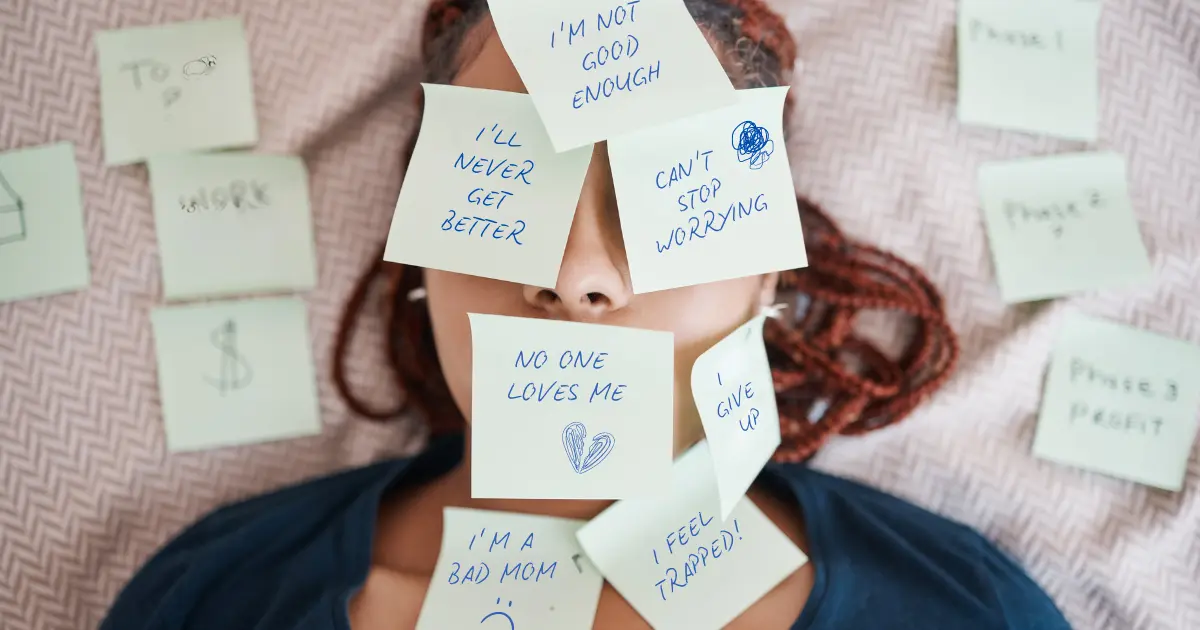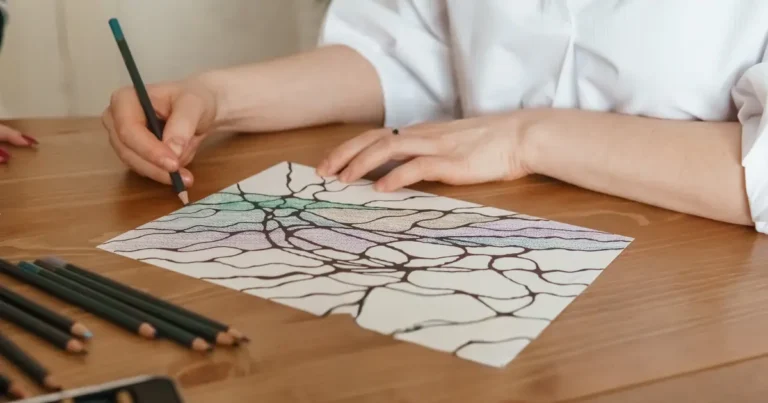How to Stop Ruminating OCD Thoughts: Effective Journaling Tips
Do you ever feel stuck with repetitive thoughts that won’t go away? If you have Obsessive-Compulsive Disorder (OCD), this might sound familiar. These thoughts are called intrusive thoughts, and they can cause a lot of stress. But the good news is that journaling can help! If you’re wondering how to stop ruminating OCD thoughts, journaling can be a powerful tool to manage obsessive thoughts and break the cycle of rumination.
Table of Contents
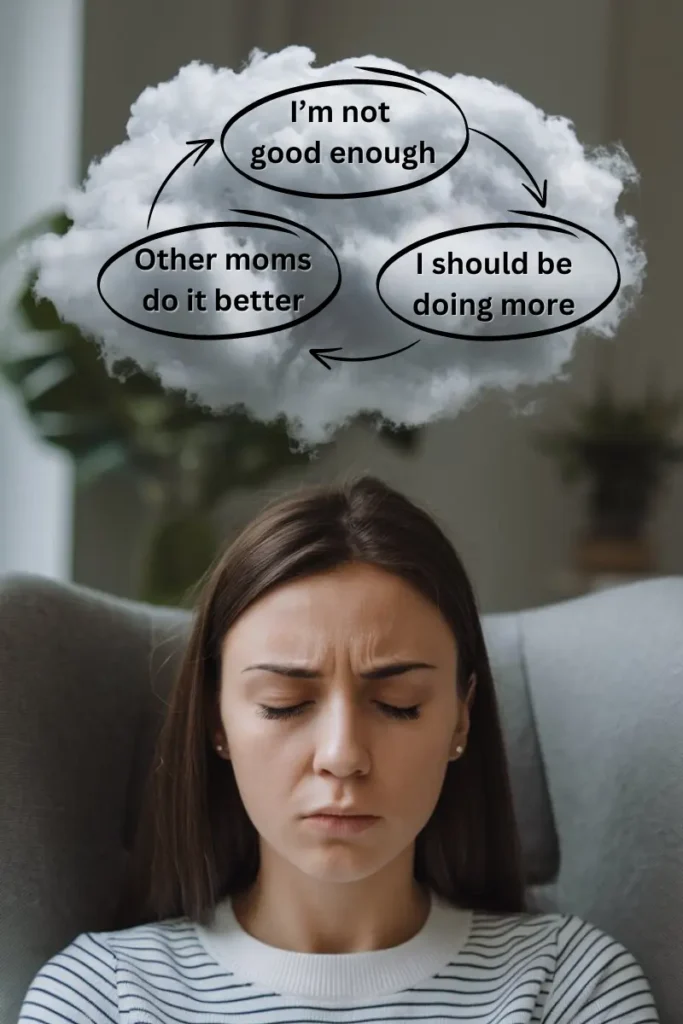
WHAT IS OCD RUMINATION?
OCD rumination is when your brain gets stuck on a particular thought and keeps repeating it. This is a common symptom of OCD. A mental health condition that causes both mental and physical compulsive behaviors. People with OCD might worry about past mistakes or future events. These repetitive thoughts can lead to a negative thought cycle, making it hard to focus on daily life.
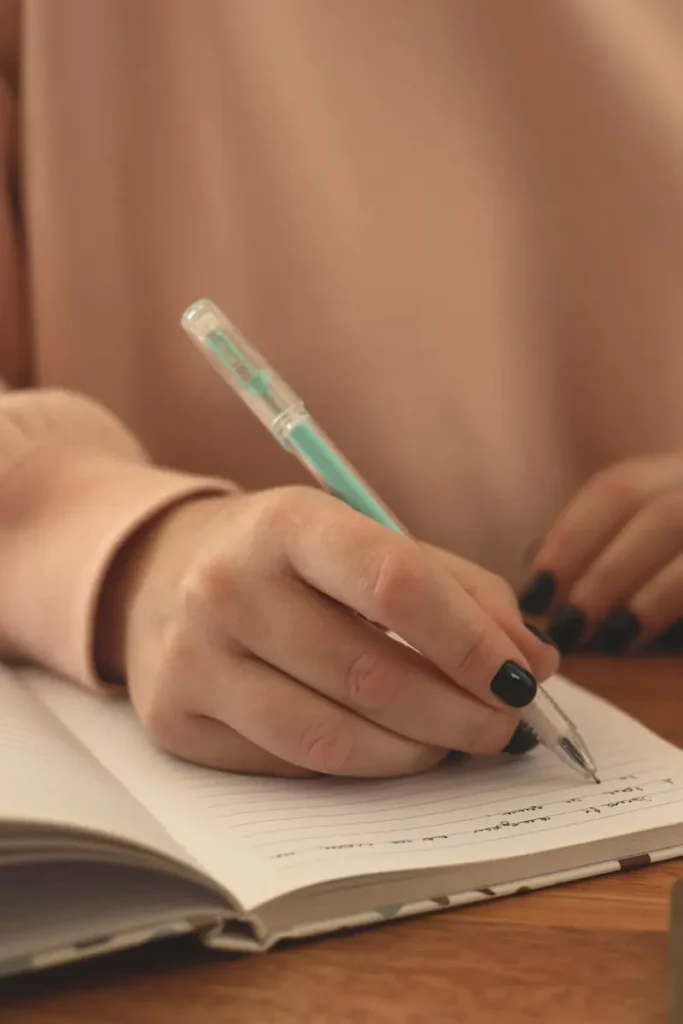
HOW JOURNALING CAN HELP RUMINATING OCD THOUGHTS
Journaling is a simple but powerful tool that can help you break the OCD cycle. By writing down your thoughts, you can start to understand them better. Here’s how you can use journaling to manage obsessive-compulsive thoughts:
Track Your Thoughts:
Start by writing down your intrusive thoughts as they happen. This helps you see the thoughts more clearly and takes away some of their power. You might start to see patterns in how your thinking process. This is the first step to breaking the cycle of rumination.

Challenge Negative Thoughts:
After you write your thoughts, ask yourself, “Is this thought true?” or “What’s the worst-case scenario?” This helps you see that many fears are not likely to come true. This technique is a form of cognitive-behavioral therapy (CBT), an evidence-based treatment often used by OCD specialists. It helps you realize that many negative thoughts are based on unlikely negative events.
After you write your thoughts, ask yourself, ‘Is this thought true?’ or ‘What’s the worst-case scenario?’ This helps you see that many fears are not likely to come true. This technique is a form of cognitive-behavioral therapy (CBT), an evidence-based treatment often used by OCD specialists. It helps you realize that many negative thoughts are based on unlikely negative events. Learn more about challenging negative thought patterns.
Focus on the Present Moment
Sometimes, repetitive thinking is about past events or future worries. Journaling can help you focus on the present moment instead. Write about what you’re doing right now or how you feel at this moment. This is a mindfulness practice that can help reduce the power of obsessive thoughts. Consider using The Process journal—it’s a great tool to help you write about your feelings each day and keep track of your mood.
Express Gratitude
Take some time each day to write about things you are grateful for. This can help you focus on positive things instead of negative experiences, breaking the vicious cycle of rumination.
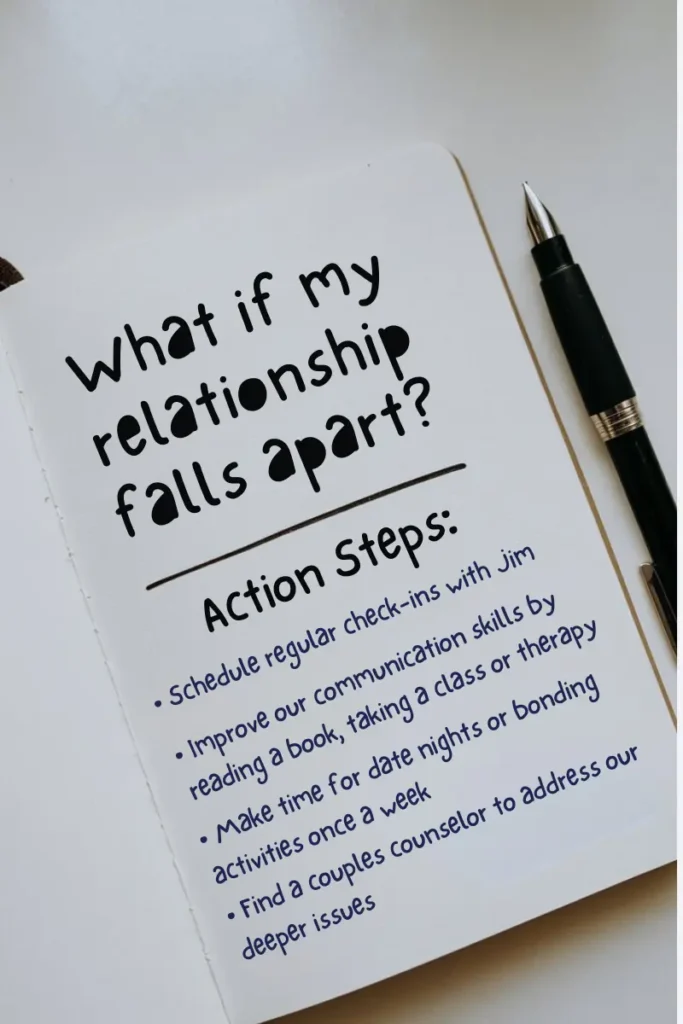
Create an Action Plan
If your ruminating thoughts are about a particular obsession, write down steps you can take to address them. This helps you feel more in control and reduces anxiety. For example, if you’re worried about a negative event happening, write down what you would do if it did happen. This can make the particular thought less scary and give you a clear action plan to follow.
KNOWING WHEN TO GET EXTRA SUPPORT
If your journaling practice isn’t enough to ease your OCD symptoms, it might be time to get some extra support. A licensed therapist or mental health professional can provide more treatment options. These could include cognitive-behavioral therapy, response prevention, and medication like selective serotonin reuptake inhibitors or serotonin-norepinephrine reuptake inhibitors. In severe cases, these effective treatments are essential for improving your quality of life.
Journaling is an effective way to manage OCD and stop ruminating thoughts. By tracking your thoughts, challenging them, and focusing on the present, you can break free from the OCD cycle. Remember, it’s okay to ask for help from family members, a trusted friend, or a mental health treatment provider if you need it. With the right tools and support, you can improve your mental health and reduce the impact of OCD on your daily life.

